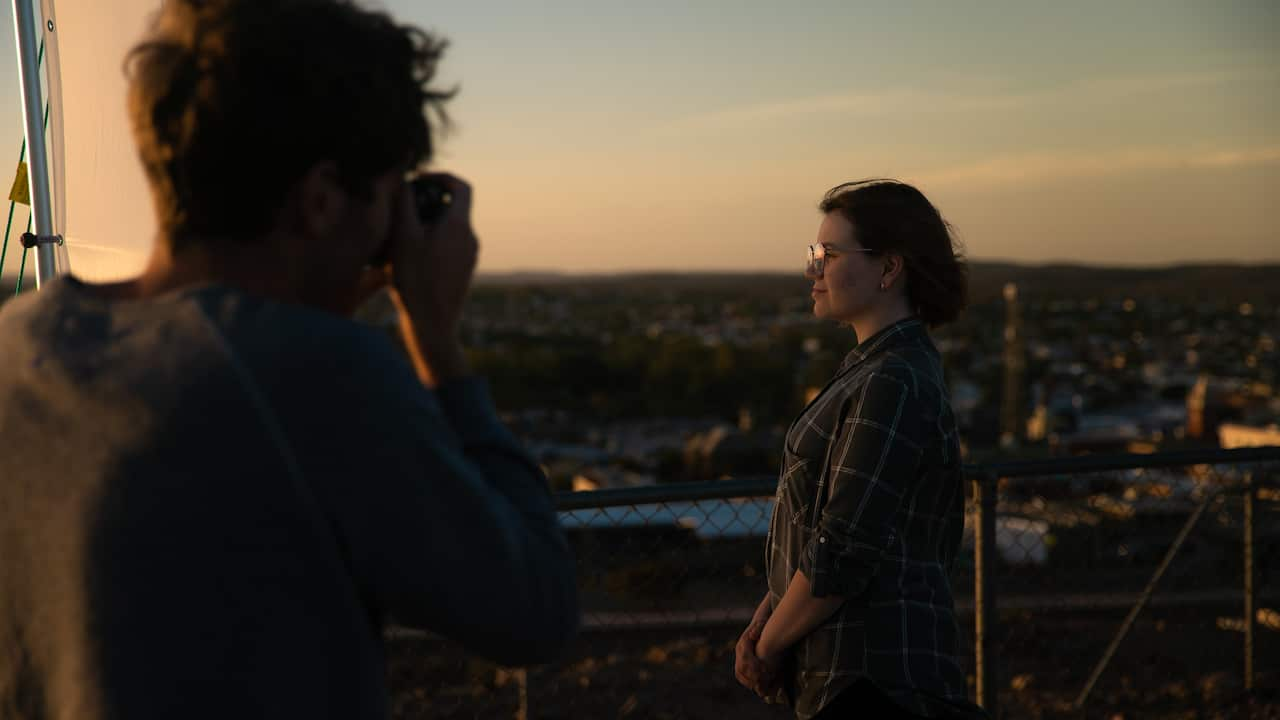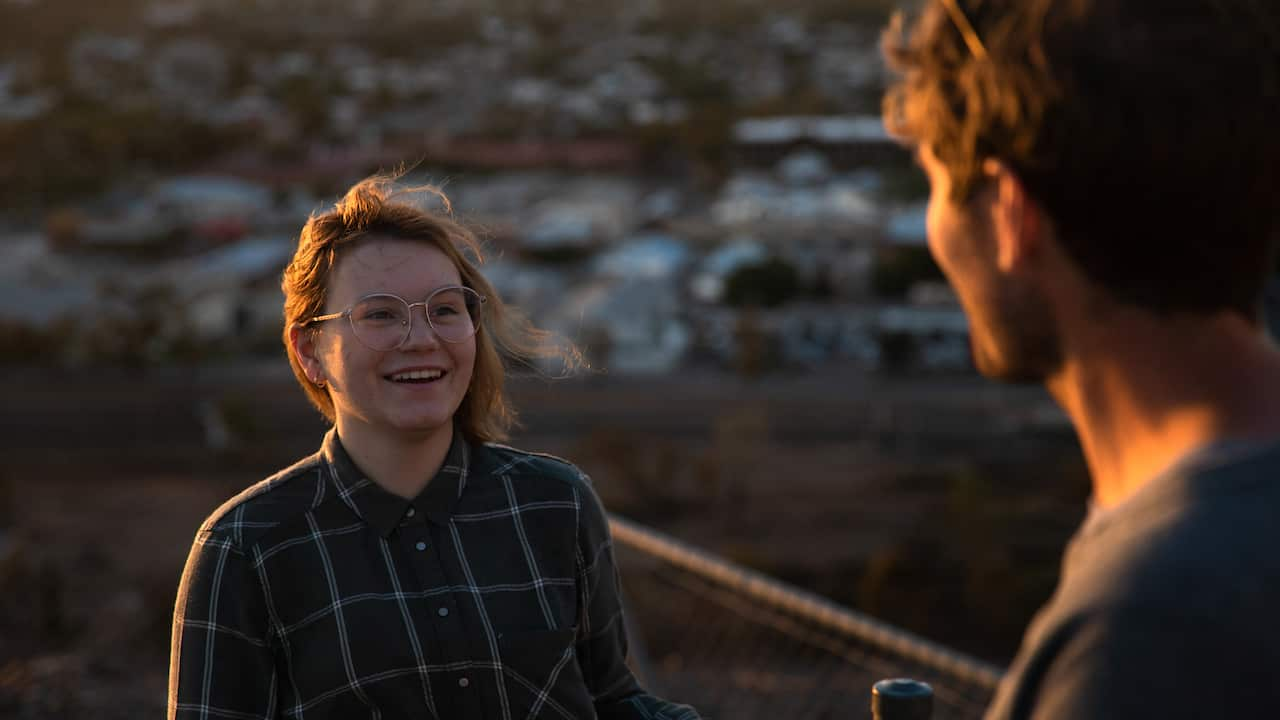I was only eight when I had my first depressive episode. I would never smile and I would often cry. My parents knew I needed help but the isolated nature of my hometown made the specific help I required difficult to find.
I was thirteen when I had my first manic episode. I don't remember much, just the taste of the paint that my friend found me eating in the art room at my high school. In the aftermath of that episode, that's when I knew I needed help.
As someone diagnosed with Bipolar Type 1 (rapid-cycling), I am in a constant state of flux. My mind races when I am manic. I am constantly coming up with new ideas, persistently aware of everything that is happening around me. I see and hear things that are not real and I am continually aware of all the things that I can do. When I am depressed I am the opposite. I physically cannot function and I am devoid of every emotion that makes me human.

When I was young, I struggled to find treatment for my disorder. Coming from a rural area it was difficult to find access to the certain psychiatric help I required when my symptoms began.
Coming from a rural mining town, I stood out. The stigma attached to mental health means that reaching leaves yourself labelled as "other". In my teenage years (when my disorder was in full swing), I would often act strangely as I swung between mania and depression.
Each event that brought me closer to diagnosis furthered the divide between myself and my peers.
As I got older, I found it increasingly difficult to close the gap between myself and others. I went to a psychologist in my first attempt to get help, however, talking never seemed to remedy the chemical imbalances in my brain. I desperately wanted a fix that would make me “normal”, a fix that would allow me to be like everyone else in our small town.
The next step was to trial me on some medication, but psychiatrists were few and far between and it was difficult to set up appointments when they were in such demand. All this time, my symptoms had been getting worse and I found myself slowly retreating inwards as it seemed there was less and less hope.
By the time I was 17, I felt so disconnected from the world around me that I attempted suicide.
That’s when everything changed.
Although I was not yet 18, I was allowed access to the medical resources at the main hospital, which meant that I was able to receive a proper diagnosis and appropriate treatment for my illness.
If it had not have been this way, I don’t believe I would be alive today.
Though resources were still limited, I had access to my own psychiatrist and after trial and error (and coordination with my GP) I finally found the medication that was right for me.
I do believe that growing up in a rural area made it significantly more difficult to find help. All those years that I spent isolated are a metaphor for the isolated nature of this town.

The resources for child and adolescent psychiatry especially were far more limited than they should have been. I was lucky that I was able to receive the treatment I needed, but I know that others are not so lucky.
Gracie Gribble is featured in The Common Thread - a new documentary series aims to reduce stigma and spark an open and positive discussion around youth mental health in Australia.
Through award winning storytelling, The Feed continues to break new ground with its compelling mix of current affairs, comedy, profiles and investigations. See Different. Know Better. Laugh Harder. Read more about The Feed
Have a story or comment? Contact Us


